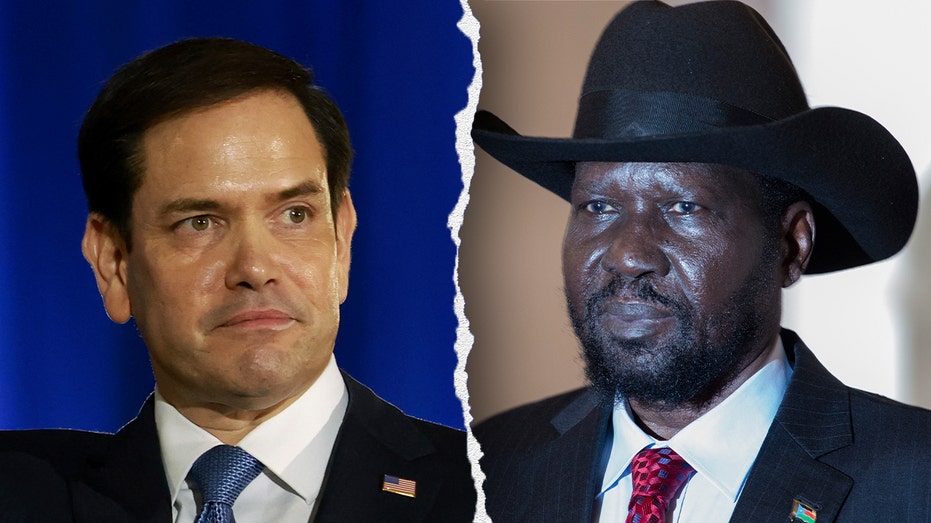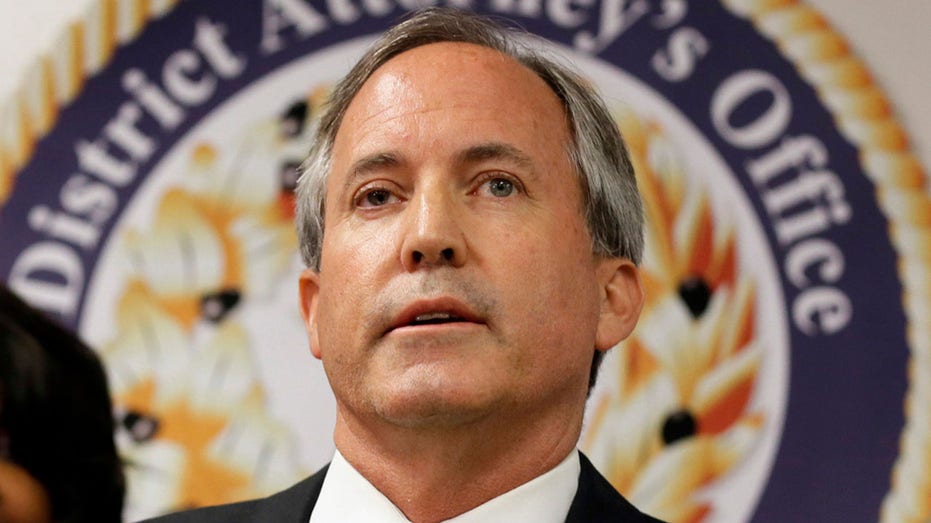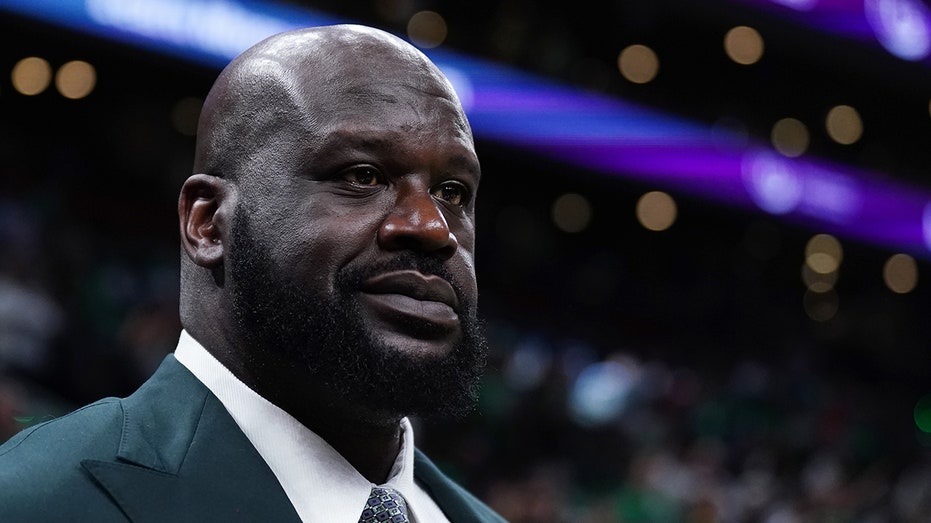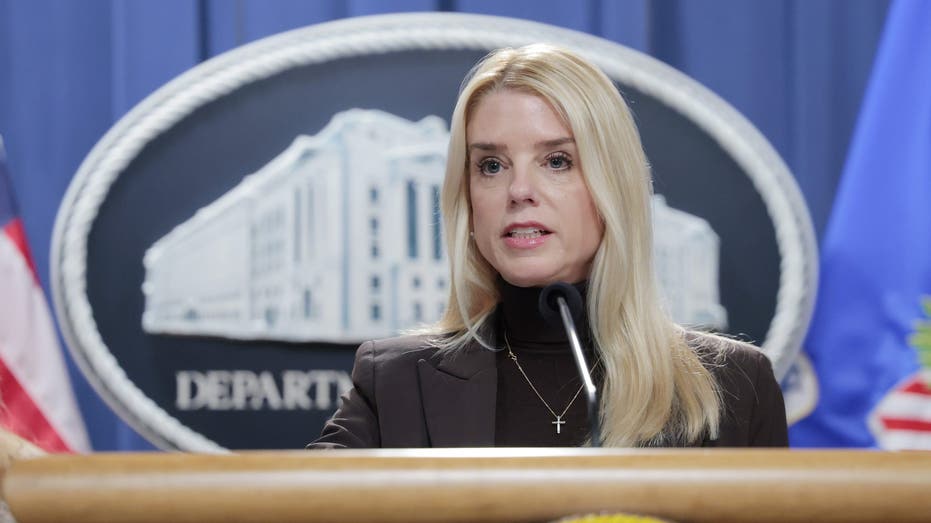- by foxnews
- 07 Apr 2025
Don’t stop at Trump. All candidates for office should disclose their tax returns | Jill Filipovic
Don’t stop at Trump. All candidates for office should disclose their tax returns | Jill Filipovic
- by theguardian
- 23 Dec 2022
- in politics
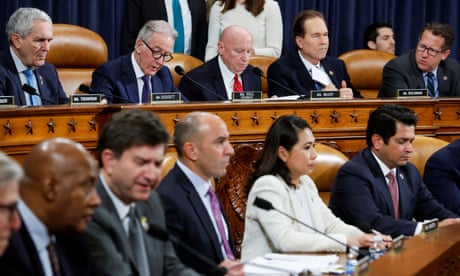
Finally, at least some of Donald Trump's tax returns will be released to the public. This is an important step forward for political transparency, but it shouldn't be the last.
On Tuesday, the House ways and means committee voted to release six years of the former president's tax returns; the committee also revealed that, counter to standard protocol, the IRS had not audited Trump during his first two years in office - and that the IRS only began their audit once ways and means asked for the returns and audit records. Trump had repeatedly said that he was being audited during those two years, which was untrue.
This is a stunning breach. Trump had many notoriously shady friends, engaged in notoriously shady business dealings and notoriously avoided paying his fair share. While that wasn't necessarily a mystery - the New York Times obtained several years of his tax returns - it did pose a potential national security threat, and at the very least the IRS should have done its job.
The information released so far is depressing but predictable: Trump went to great lengths to avoid paying taxes. Despite significant wealth, he paid just $750 in income tax in 2015 and again in 2016. For years leading up to his time in office, he paid no federal income tax. While in the White House, he paid a bit more, but still a paltry fraction of his wealth.
This matters because (a) honesty matters and (b) taxes are how we keep the country running. Every tax dollar that Trump maneuvered to keep in his own pocket is a dollar that was taken away from healthcare, support for veterans, public education and provisions for the ageing. The kinds of tax maneuvers he engaged in may be common among wealthy business owners, but that doesn't necessarily make them legal or moral.
The IRS failed in its responsibilities here, reportedly due to the agent in charge of review being simply overwhelmed, and Trump's team fighting efforts to assign more resources to the audit. That in itself should have been a sign of something amiss - a president with something to hide or, at the very least, a man committed to shielding basic information from the public.
Trump's refusal to release his tax returns in the first place was a clear sign of his dishonesty. It wasn't against the law, but it was a break with longstanding norms for those running for president - norms of financial transparency that are crucial, and the lowest possible bar. That the former president couldn't (or wouldn't) clear that bar should have been disqualifying for any voter who believes that public servants have an obligation to serve, not simply to self-enrich.
But with that norm broken, it became incumbent on the adults in government to repair it.
Republicans have complained that the committee's decision was a politically motivated move that sets a dangerous precedent. What if every lawmaker's private financial information were disclosed? This, Representative Kevin Brady of Texas recently said, could lead to anyone's tax returns being disclosed - "even the returns of supreme court justices themselves".
What if?
American politicians have transparency and regulation problems - or rather, they benefit from a lack of transparency and regulation, at the expense of the public. While candidates for president have routinely disclosed their tax returns (until Trump), and while Carter-era IRS auditing requirements were put into place after a Richard Nixon tax scandal, most elected officials in the US are remarkably opaque about their finances and, perhaps more importantly, their financial interests.
Nominees to the supreme court and the judges on the bench should publicly disclose their tax returns; so should those running for Congress. And while supreme court justices and members of Congress alike have to provide some financial disclosures, that simply isn't enough to keep everyone on firm ethical footing.
Like presidents, members of Congress have tremendous power to shape the fortunes of various companies and sectors, and many members work on committees that influence the same companies and sectors where they have investments. While these members of Congress claim that there's no conflict - that their investments are in a blind trust or the hands of a spouse - there is, in fact, a conflict when a public servant has the power to enrich themselves and their families through the decisions they make while in office.
We want our elected officials making the best decisions for their constituents and the country. That may be hard to do if there are thousands or even millions of one's personal or potential dollars on the line. And while the Republican party has been particularly willing to embrace radically unethical behavior and even criminality, many prominent Democrats have also been unwilling to pass the kind of laws that would put an end to these kinds of conflicts.
Members of Congress and their spouses should simply be banned from trading stocks while in office. Presidential contenders, supreme court nominees and justices, and anyone running for national office should release their tax returns. The IRS should be given the resources necessary to complete timely audits of presidential tax returns.
None of this is unduly burdensome. It is, in fact, the very least the public should expect from those who we have elected to serve us. The Trump tax return debate should open up bigger questions than just this one former president's finances. This should be a moment to ask: what do we expect from our public officials? How can we close the many ethical loopholes our leaders are currently permitted to walk through?
This is not a partisan position, and it will no doubt elicit bipartisan opposition - at least among those already in office, or hoping to be. But a desire for ethical behavior should transcend political affiliation. And it's well past time we demanded it, from Trump and then well beyond.
- by foxnews
- descember 09, 2016
Ancient Ten Commandments fragment of 2,000-year-old manuscript to go on display at Reagan Library
The "Dead Sea Scrolls" exhibit, announced at the Ronald Reagan Presidential Library and Museum, features ancient Jewish manuscripts, plus the rarely seen Ten Commandments Scroll.
read more